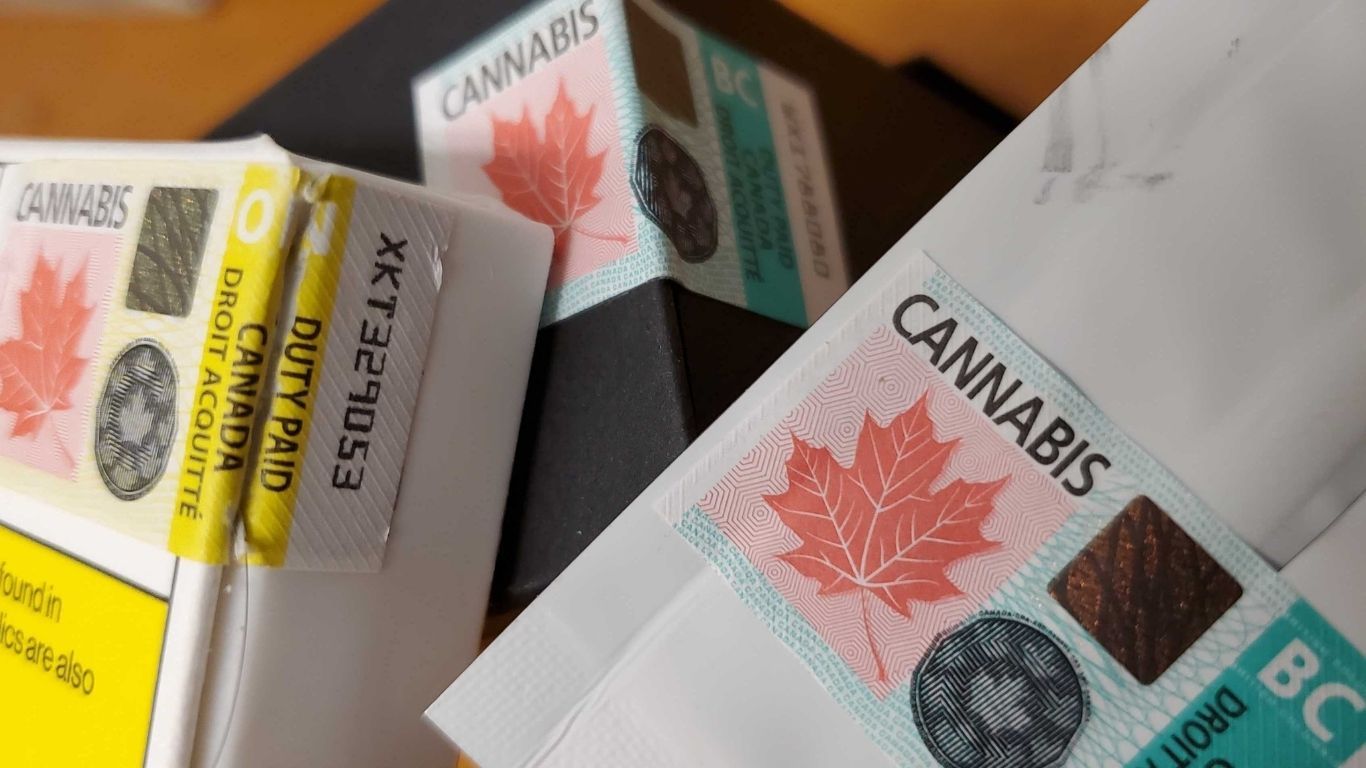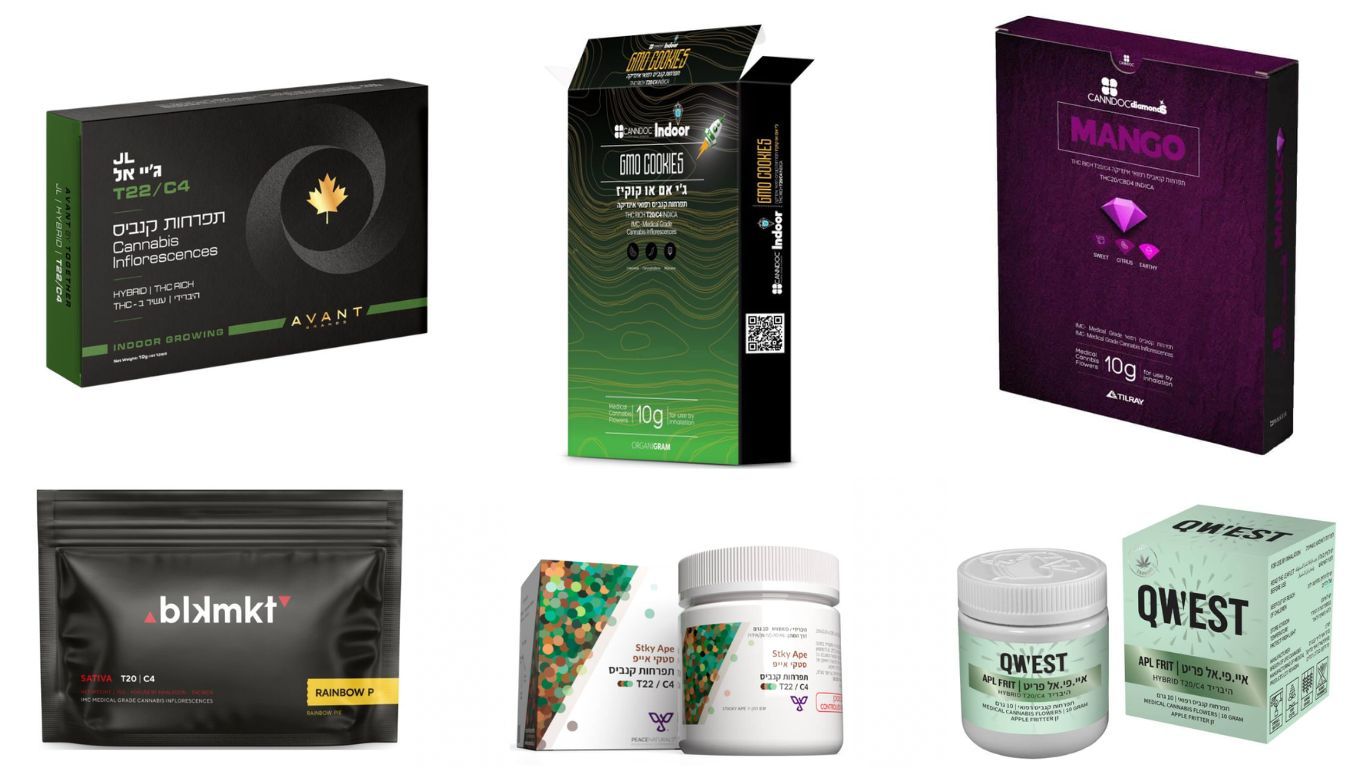
Canada’s Budget 2022, released today, includes several references to the cannabis industry, especially as it relates to cannabis taxes and the evolution of the industry.
The budget notes that as the legal cannabis industry in Canada grows, there are opportunities for the federal government to “streamline, strengthen, and adapt the cannabis excise duty framework specifically, and other excise duty regimes under the Excise Act, 2001 accordingly.”
This work for a “cannabis strategy table” will seek to support an ongoing dialogue with businesses and stakeholders in the cannabis sector and will be led by the Department of Innovation, Science and Economic Development, with the goal of providing an opportunity for the federal government to hear from industry leaders and identify ways to work together to grow the legal cannabis sector in Canada.
George Smitherman, President and CEO of the Cannabis Council of Canada, says the references to the cannabis industry are good recognition of the scale and impact of the Canadian cannabis industry.
“Today’s budget recognizes the scale and impact of Canada’s cannabis sector,” says Smitherman. “The amendments to the cannabis excise duty framework are both technical and consequential for many license holders and the promised launch of a cannabis industry strategy table at ISED is a means for our sector to contribute more to the public health, social and economic goals for Canada.”
Omar Khan, the Senior Vice President of Corporate and Public Affairs at High Tide Inc., a cannabis retailer with several stores across Canada, says they have lobbied for these types of changes in the past.
“We at High Tide welcome the proposed creation of a federal cannabis strategy table,” Khan tells StratCann. “This is something that we have been advocating for publicly through media and privately with government. Since legalization there has not been a clear voice for the sector within the federal government and today’s news is a good first step on the path to recognizing the economic clout and importance of the cannabis sector in Canada.”
Dan Sutton, the CEO of BC cannabis producer Tantalus Labs, says he’s happy to see some of the changes, but would like to see more done to address the high level of taxation the industry faces.
“I am encouraged by the incremental improvements of quarterly payments and easier flow of finished inventories, and plan to take the opportunity to participate in economic development engagements going forward,” explains Sutton.
“Unfortunately, these nominal changes do little to address a systemic and industry-wide scarcity of income producing firms. Recent policy reforms have helped deliver a simpler path to market for craft farmers, and now we have to double down on tax policy that lets them stay in that market without taking monthly losses to keep up with their excise obligations. This is not a phase. It will not sort itself out over time. Unless Canadian cannabis taxation adapts to rising costs and extreme price compression, the casualties will be craft operations without access to investor capital, and the patients and customers that they serve.”
The cannabis industry in Canada has long asked for relief on taxes and a better effort from the federal government to provide more economic opportunities to the new industry. Although the proposed changes may not go as far as some in the industry would like, some of the proposed changes include:
- Allowing licensed cannabis producers to remit excise duties on a quarterly rather than monthly basis, starting from the quarter that began on April 1, 2022. This option would only be available in respect of a fiscal quarter, beginning on or after April 1, 2022, of a licensee required to remit less than a total of $1M in excise duties during the four fiscal quarters immediately preceding that fiscal quarter.
- Allowing the Canada Revenue Agency (CRA) to approve certain contract-for-service arrangements between two licensed cannabis producers. These approved arrangements would permit, as the case may be, two licensed producers to:
- Transfer stamps, and packaged but unstamped products, between them;
- Stamp and enter cannabis products into the retail market that have been packaged by the other producer; and
- Pay the excise duty on cannabis products that were stamped by the other producer.
- Amend the penalty provision for lost stamps so that the higher penalty for losing stamps for a province or territory with an additional cannabis duty adjustment only applies if the adjustment rate is greater than 0%.
- Existing cannabis penalty provisions would also apply to situations where unlicensed parties illegally possess or purchase cannabis products, and where licensed parties illegally distribute cannabis products.
- Exempt holders of a Health Canada-issue Research Licence or Cannabis Drug Licence from the requirement to be licensed under the excise duty regime.
- Allow the CRA to issue licences that would be valid for up to the lesser of five years or the longest period for which the relevant Health Canada licence or licences are valid.
- Require all excise licensees and excise applicants to comply with federal and provincial legislation and regulations regarding the taxation and control of cannabis products.
- Remove cash and transferable bonds issued by the Government of Canada, and add bank drafts and Canada Post money orders, to the types of financial security that could be accepted by the CRA.
- Confirm the ability of the CRA to carry out virtual audits and reviews of all licensees, where the Agency deems it appropriate.
Most of these proposals would come into force upon royal assent to any associated, enabling legislation.











